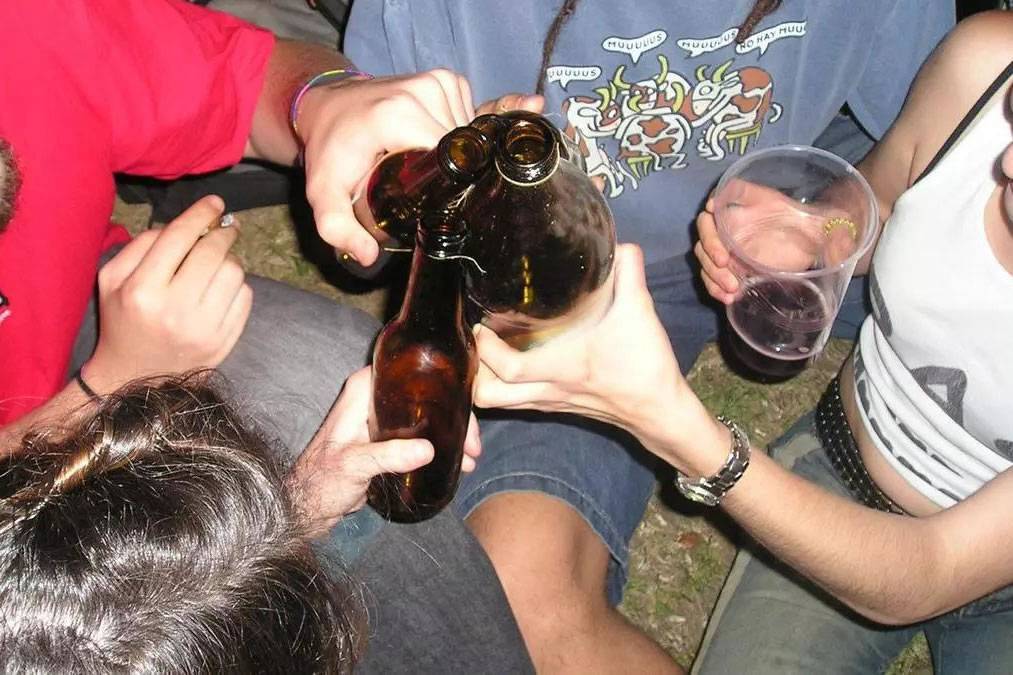Experts warn of alarming levels of alcohol and cannabis use among Canary Islands teenagers
- 28-03-2025
- National
- Canarian Weekly
- Photo Credit: ED
The director of Proyecto Hombre in the Canary Islands, María del Carmen Lázaro, has expressed her concern over increasingly alarming patterns of alcohol and drug use among adolescents aged 14 to 18 years old.
Speaking on Friday at the presentation of the organisation's strategic plan for addiction prevention and care, Lázaro highlighted that many young people are now consuming alcohol at worrying levels, smoking cannabis daily, and some are even using cocaine.
She revealed that last year, Proyecto Hombre treated two teenagers for heroin use, highlighting the urgent need for stronger action and support systems for this vulnerable age group.
One of the most pressing issues, Lázaro noted, is the absence of any residential treatment facilities in the Canary Islands specifically for adolescents struggling with addiction.
She called on public institutions to provide funding for the development of 24-hour residential centres where young people can receive comprehensive therapy and care.
Proyecto Hombre Canarias, which supported around 600 people in 2024, currently relies on day centres for initial assessments and treatment planning. These programmes typically last at least 18 months and involve a range of therapeutic approaches.
In cases where individuals are homeless, recently released from prison, or unable to manage their substance use, they are referred to the organisation’s residential programmes, which offer personalised treatment plans for defined periods.
According to Lázaro, cocaine remains the most widely consumed substance in the region, followed by alcohol. She also pointed out a rise in the number of women seeking help from the organisation. Since the COVID-19 lockdowns, she said, addiction issues have doubled in frequency, and associated mental health conditions have also increased.
Despite these challenges, the success rate for those completing Proyecto Hombre's rehabilitation programmes ranges between 20 and 25%. Achieving complete and lasting abstinence remains one of the biggest hurdles.
Lázaro stressed the importance of involving families in the recovery process, explaining that Proyecto Hombre takes a holistic approach, providing support not just to the individual but also to their support networks. This family-centred strategy is considered essential to achieving long-term recovery.
In addition to direct treatment, Proyecto Hombre also engages in preventive work that reaches an estimated 7,000 people annually across the Canary Islands.
Lázaro also touched on the growing issue of mobile phone addiction, though she emphasised that it affects a smaller segment of around 8% of the organisation’s service users. Typically, these are young people around the age of 14 who spend most of their time glued to their devices. In such cases, the problem is usually first identified by families, who notice that their children avoid eye contact and interaction.
She cautioned that the ubiquity and acceptability of smartphones, even among children as young as 12 or 13, complicates efforts to address digital addiction. Rather than advocating for outright bans, Lázaro called for responsible guidance and education to help young people develop healthier relationships with technology.
"The problem isn’t the existence of mobile phones," she concluded, "but how we teach children to use them."
Other articles that may interest you...
Trending
Most Read Articles
Featured Videos
TributoFest: Michael Buble promo 14.02.2026
- 30-01-2026
TEAs 2025 Highlights
- 17-11-2025



























































